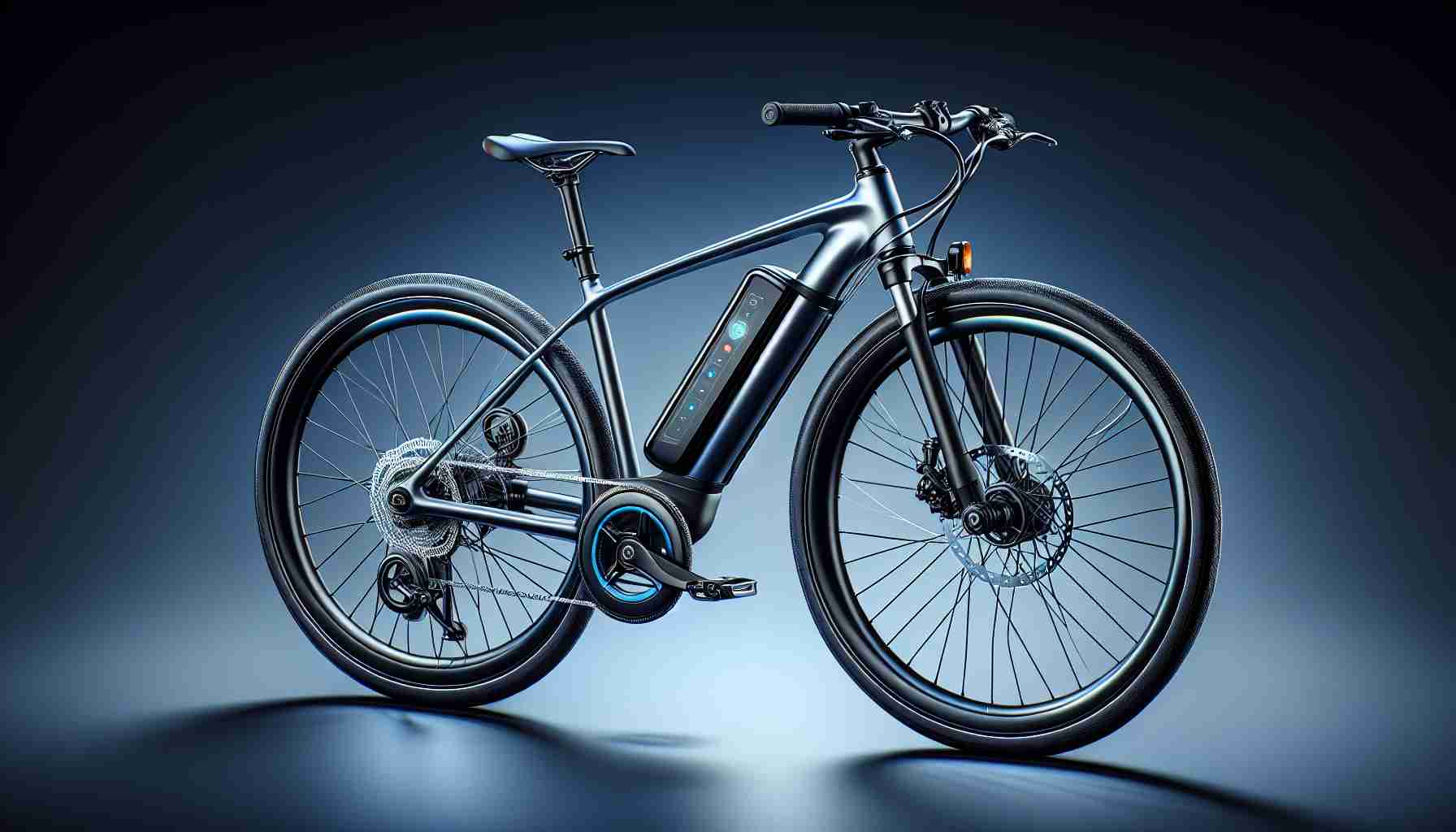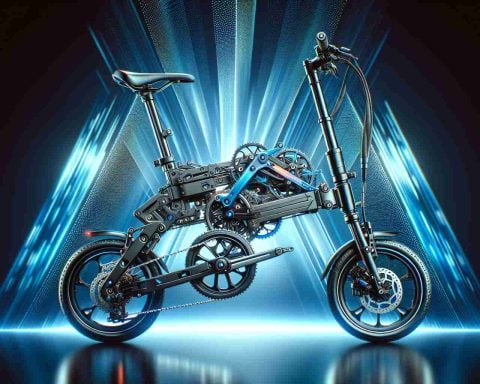Electric bikes have taken the automotive world by storm, offering a thrilling combination of speed, power, and eco-friendliness. As we delve into the world of electric bikes, we discover an array of innovative designs that are sure to leave enthusiasts amazed and eager to get on the road.
One standout model is the Ayra, a city bike with the heart of a performance racer. Built for speed, this electric bike features a sleek and aerodynamic design. Its robust mono-shock swingarm setup in the back ensures a reliable and durable ride. Meanwhile, the Joyce’90 appeals to the younger generation with its pop-up headlights and integrated Bluetooth boombox. Reminiscent of 90s cross bikes and grand tourers, this electric bike is as tough as it is trendy.
The Karver Cycle Concept K1 stands out with its secure cabin and panoramic glass panels, providing riders with a 180-degree view. Inside, the ergonomic and sporty seating configuration is tailored for speed, complete with an F1 steering wheel-like setup. On the other hand, the Diode showcases a neo-minimalistic design that celebrates the future of electric power. Its sleek body features a powerful rear-wheel drivetrain and comfortable seating.
For those facing mobility challenges, the MOQBA offers a unique solution. This e-scooter and bike hybrid has four independent legs with wheel extensions, allowing it to climb stairs effortlessly. On the other end of the spectrum, Robert Turner’s electric superbike concept combines the glitz of 60s café racers with European elegance. This emission-free two-wheeler features an extended wheelbase for stability.
The eZpin takes a retrofuturistic approach, featuring a teardrop-shaped design with a modern touch. Equipped with an electric powertrain and hubless wheels, it boasts a unique appearance. Yamaha’s MOTOROiD2 takes things further by incorporating artificial intelligence and facial recognition technology. This smart electric bike can park itself and recognize its owner, preparing for their next adventure.
In line with eco-consciousness, the TRISO Electric Motorcycle caters to a younger audience that values both driving and the environment. With three riding modes, this adaptable electric bike offers different shapes and riding styles. Finally, ATHENA stands out with its shape-shifting abilities. Featuring a translucent material, users can adjust the saddle section and even exchange the entire module.
These innovative and cutting-edge electric bikes pave the way for the future of transportation. Whether it’s speed, style, or sustainability, there is a model to suit every automotive enthusiast. Get ready to be captivated by the thrilling world of electric bikes.
The electric bike industry is experiencing rapid growth and popularity due to its combination of speed, power, and eco-friendliness. According to market forecasts, the global electric bike market is expected to reach a value of $38.6 billion by 2025, growing at a CAGR of 7.9% from 2019 to 2025. This increasing demand is driven by factors such as rising fuel prices, government initiatives to promote electric vehicles, and a growing awareness of environmental concerns.
One of the biggest issues related to the electric bike industry is the lack of charging infrastructure. While electric bikes offer a convenient and cost-effective mode of transportation, the limited availability of charging stations can be a barrier to adoption. However, efforts are being made to address this issue, with governments and private companies investing in the development of charging networks.
Another challenge faced by the industry is the perception that electric bikes are not as powerful or thrilling as traditional motorcycles. However, advancements in electric motor technology and design have resulted in high-performance electric bikes that can rival their petrol-powered counterparts in terms of speed and acceleration.
The electric bike industry also faces regulatory challenges, as different countries and regions have varying laws and regulations regarding the use of electric bikes on public roads. Some countries require riders to have a license or registration for certain types of electric bikes, while others have restrictions on where electric bikes can be ridden.
Despite these challenges, the future looks promising for the electric bike industry. As technology continues to improve and prices become more affordable, electric bikes are expected to become a mainstream mode of transportation. With their eco-friendly nature and innovative designs, electric bikes are set to revolutionize the way we commute and travel.
For more information on the electric bike industry and market forecasts, you can visit Global Market Insights or MarketsandMarkets.
















